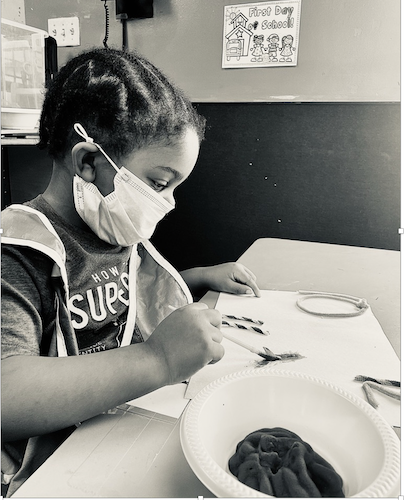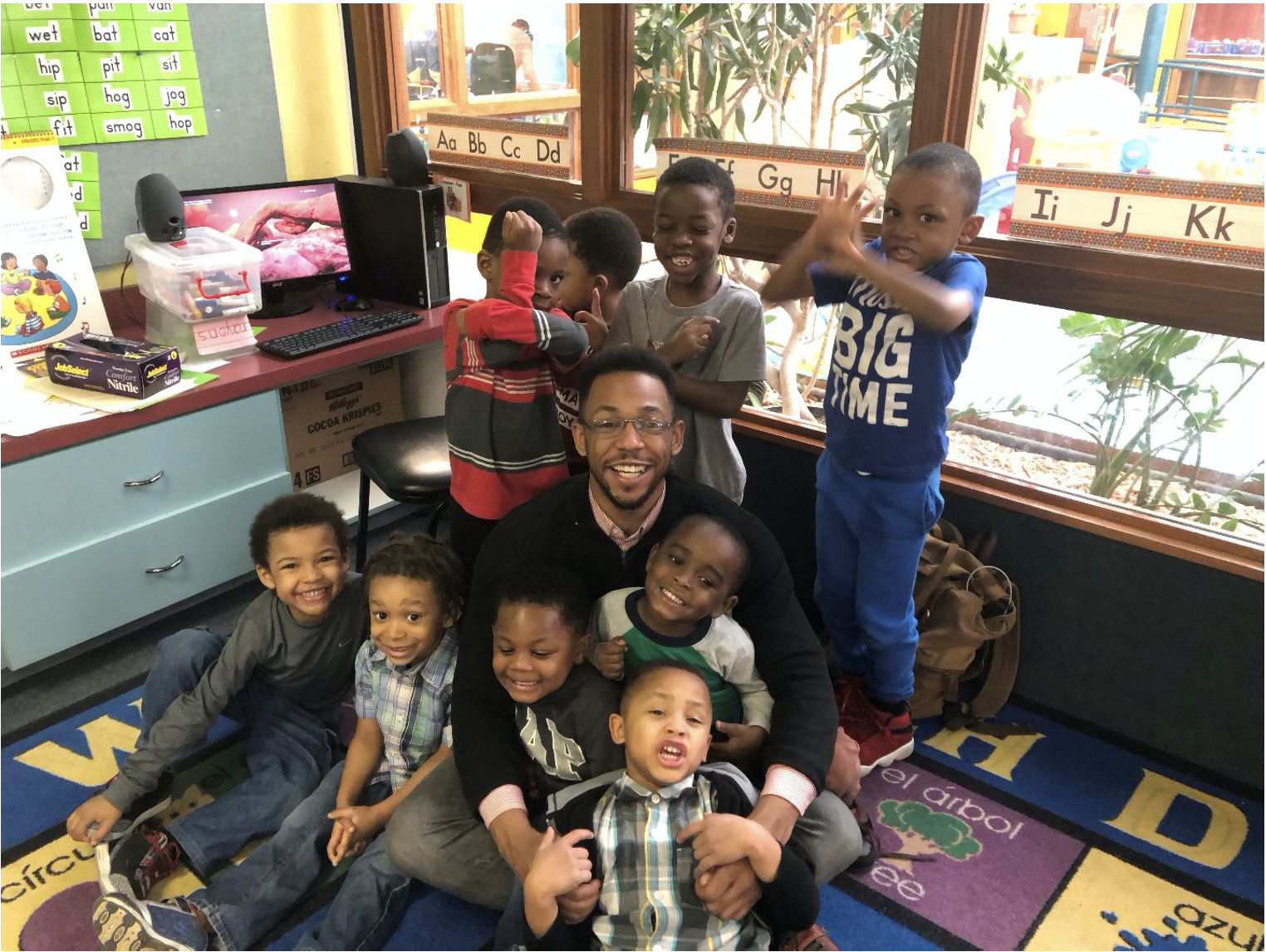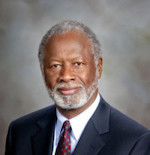Ubuntu spirit enriches Afrocentric vibe at century old neighborhood center
Zulma Zabala has worked in the nonprofit sector her entire career. She’s been with East End Neighborhood House for almost 18 years in total but, as part of an orderly succession plan, became the chief executive officer ten years ago. When asked about her biggest accomplishment in this role, Zabala spoke first about the work culture she’s been able to create.
“I’m most proud of the fact that we operate under the philosophy of Ubuntu,” said Zabala. The Zulu phrase Ubuntu is the understanding, “I am, because you are.” It’s a concept of common humanity and oneness.
“East End was already focused on Afrocentrism, was family oriented, and used the principles of Kwanzaa as a set of values for the organization, but I introduced the philosophy of Ubuntu.”
Zabala explained that this has created more cohesiveness among the 30-member staff.
“I wanted us to honestly work closely together as part of the mission,” she said. “I really do believe we have to see each other and have real relationships with one another if we’re going to serve the community under one mission.”
The Newark, New Jersey native, who holds graduate degrees in law and public administration from Cleveland State University, describes herself as a “very relational leader”. One of her goals was to foster a close team atmosphere for the staff. At the conclusion of her first decade as CEO, she can say it’s one of the most cohesive groups she’s been a part of. “It's an amazing environment,” she said.

Post-pandemic reality. Childcare and education continue before and after school at
East End Neighborhood Center in Cleveland's Buckeye-Woodhill neighborhood.
With a variety of programs, the 114 year old East End Neighborhood House serves the family from birth to elderly. Pre-Covid they reached close to 1200 people a year, now a little less. They have remained open during the pandemic, never stopping their meal delivery program for seniors.
The biggest challenge she’s faced over the last ten years is figuring out how to strengthen fund development. She’s done the obvious such as developing relationships with the foundations and serving on various boards. But when she hears talk about securing individual donors and bequests, she senses there’s a different language for grassroots organizations engaged in the social justice and racial equity movement.
“There’s clearly a gap between the leadership and who can be a viable individual donor,” said Zabala. “How do I get to that circle of people when, quite honestly, we need to talk about race? There’s a real divide between the Who’s Who and what circles I get into.”
She has, however, participated in leadership settings that have made a huge difference in the last five years, providing opportunities for her to talk about the work of East End. She’s a past board chair, for example, of the Center for Community Solutions, the area’s leading research and policy planning agency.
Looking ahead, Zabala is most excited about the development of an Ubuntu Gathering Place — green space for the neighborhood — which is entering into its implementation stages this year. It will be located directly behind the current complex at 2749 Woodhill Road on the former Saab auto dealership site.
Before becoming CEO, she convinced the former leader to purchase that property and, for years, it remained vacant, undeveloped. “Finally, someone has made a substantial investment,” said Zabala.
Under the leadership of new CEO Tim Tramble, Saint Luke’s Foundation has made a $200k investment in the Ubuntu park. Zabala is working to secure a match from Northeast Ohio Regional Sewer District. The total project will cost a half million dollars.
She plans to use the space for festivals, outdoor classes, and a memorial to honor those who died due to violence.
“I want trees and flowers, just a little piece of nature. It’s going to create an amazing impact for the people in the neighborhood,” she said.
With some additional space remaining to secure, Zabala continues to dream, hoping a social enterprise will come in or maybe an institution like Cuyahoga Community College, that could bring resources to the people.
Zabala wants people to know appreciate the gem that is the East End Neighborhood House, an anchor organization that people can continue to count on.
“It’s a place where people can see the possibilities. We build leaders,” she said. “I always say East End doesn’t belong to Zulma. I want people beyond me to sustain it. East End can last another 100 years.”
• • •• • •












